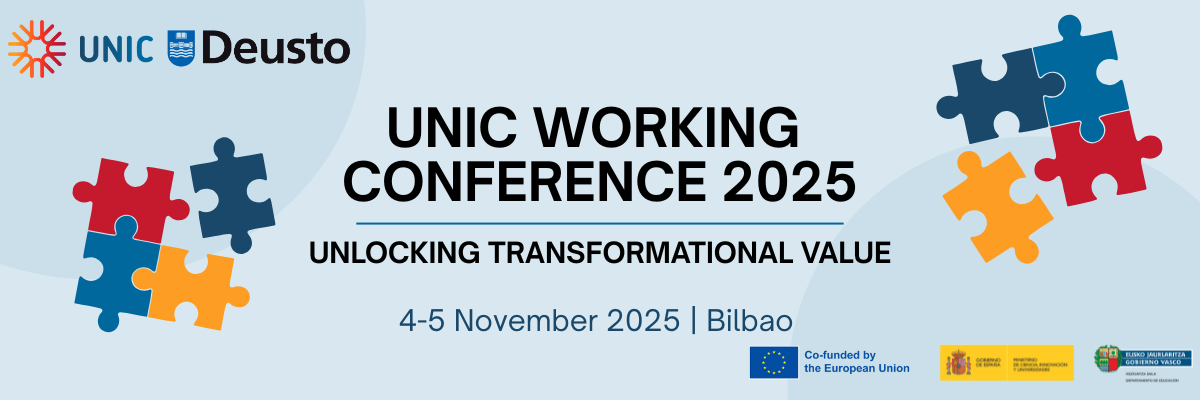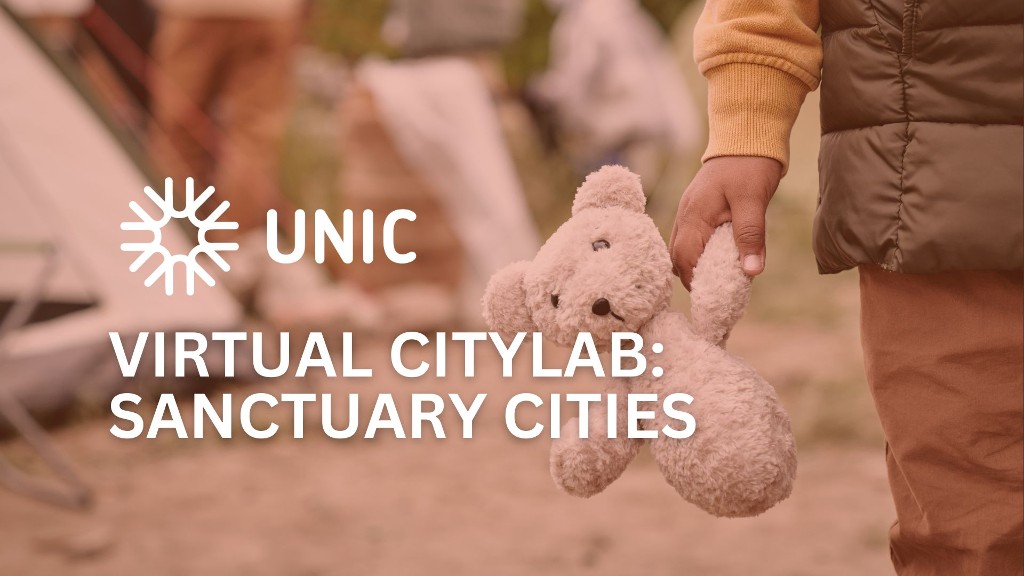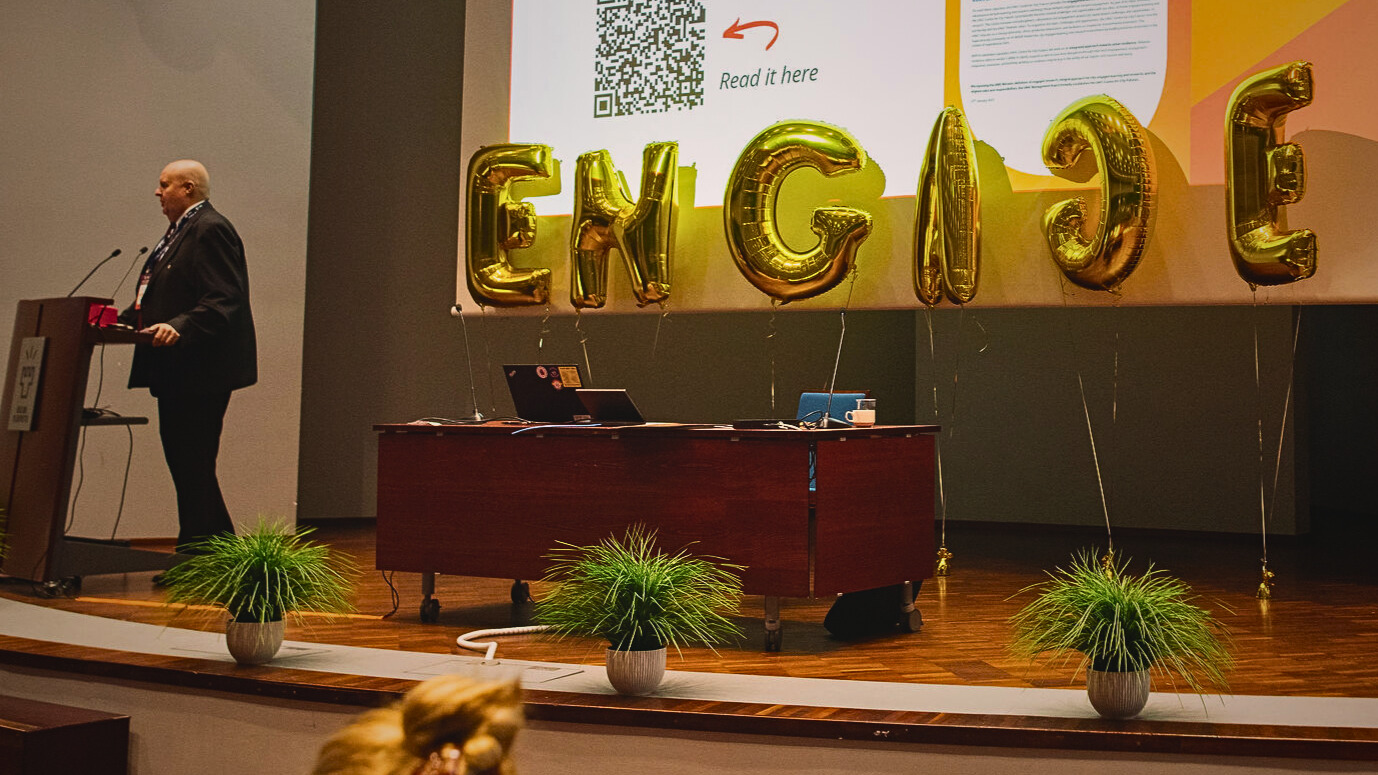The UNIC website uses cookies to improve your experience. Read our full Cookie Policy here.
25/06/2024 10:00 - 25/06/2024 12:00
A growing body of literature has emerged around Smart Cities over the last 20 years and the "Smart City "concept has been debated a lot. As an example, traditionnally, the techno-centred versus human-centred perspectives or corporate-led versus citizen-led approaches have been discussed a lot. Erasmus University Rotterdam (EUR) and ULiège are both actively involved in the European university alliance network UNIC, where the study of smart cities has been identified as a priority area for cooperation. Hence, for this seminar, we are pleased to welcome dr. Martin de Jong, Professor of dynamics of inclusive prosperity at EUR.
About the seminar
After clarifying how he defines a "Smart City", Martin de Jong will present a research called “Smart city development as spatial manifestations of 21st century capitalism”.
The enormous resources poured into the development of Smart Cities consist of financial capital, but also natural, human and social resources converted into infrastructure and real estate. The latter act as physical capital storage and sites for the creation of digital products and services expected to generate the highest value added. Smart cities serve as temporary spatial fixes until new and better investments opportunities emerge.
Drawing from a comprehensive range of publications on capitalism, this article analyzes smart city developments as typifier of 21st century capital accumulation where the financialization of various capitals is the overarching driver and ecological overshoot and socio-economic undershoot are the main negative consequences. It closely examines six spatial manifestations of the smart city – science parks and smart campuses; innovation districts; smart neighborhoods; city-wide and city-regional smart initiatives; urban platforms; and alternative smart city spaces – as receptacles for the conversion of various capitals. It also considers the influence of different national regimes and institutional contexts on smart city developments. This is used, in the final part, to open a discussion about opportunities to temper the excesses of 21st century capitalism.
Practical information and programme
Find out more about the Smart City Institute (ULiège) !

UNIC Working Conference 2025 - Unlocking Transformational Value
The UNIC alliance comes together in Bilbao from 4-6 November for its UNIC Working Conference 2...
04 Nov 2025 - 06 Nov 2025
Read more »
The Becoming of Sanctuary: The (un)making of sanctuary and solidarity ...
Sanctuary has been an essential response to provide protection, shelter, and solidarity for “u...
13 Nov 2025 - 13 Nov 2025
Read more »
Lightning Bites: Creative Sectors and Engaging Artistic Methods in the...
Join us for an inspiring UNIC Lightning Bites session exploring the role of art, culture, and ...
27 Oct 2025 - 29 Oct 2025
Read more »